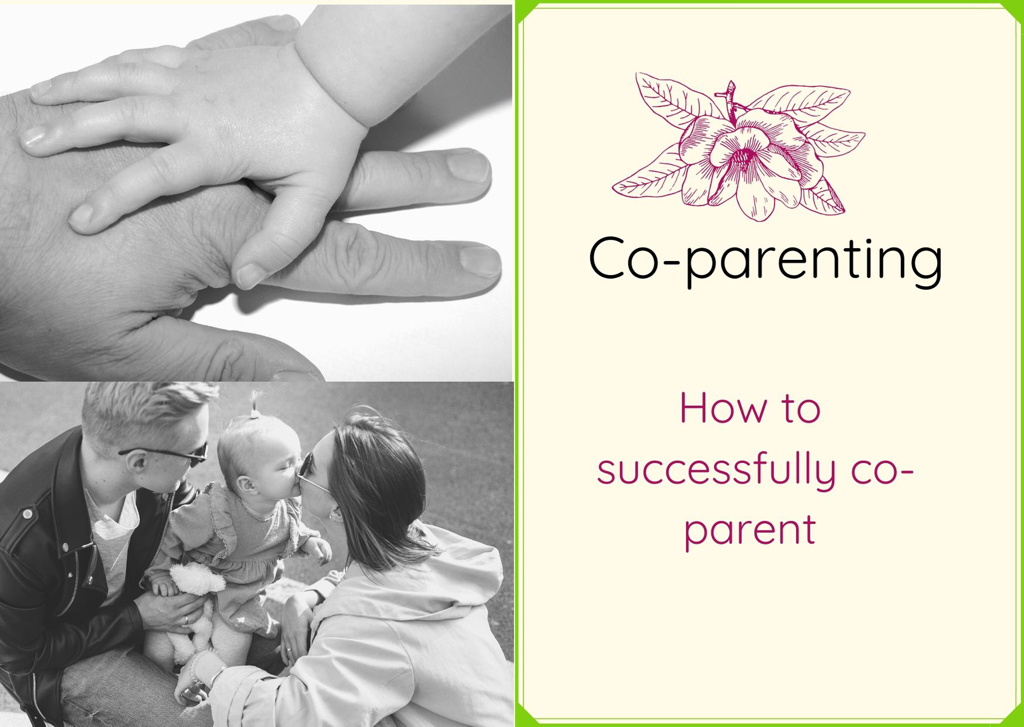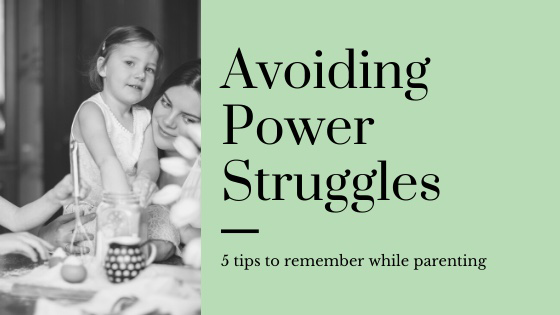|
Parenting looks more different now than it has ever before. With so many new dynamics of families emerging in our world today, this can be a beautiful thing. It can also be an incredibly stressful dynamic for you to navigate. Co-parenting is the shared parenting of a child or children by their parents or parental figures who are not married or are not living together. These parents may have been married and are now separated or divorced, or they could have never been married. The qualifying factor is that these persons involved do not have any romantic involvement. This can also be called joint parenting. This parenting dynamic takes on the usual responsibilities of parenthood, but also may face conflict when deciding factors like religious upbringing, education preferences, medical care, and many other major areas or avenues of the children’s’ lives. Joint parenting is more common than you may think, its is estimated that 40% of United States children are being raised in a family outside of a married, biological dynamic.
Cooperative co-parenting has a huge impact on the life of the child or children involved. It is because of this that it is crucial to make sure the dynamic is operating as efficiently as possible. You will have to face a number of challenges that you may not have considered to make this relationship work, but these challenges will only provide your child with the opportunity to have a better life so rest assured- these factors are well worth it! Let go of the past. If you have nothing but anger or animosity towards your ex, this can have a direct impact on your child’s perception of their other parent. This can be difficult, as humans we do still need to vent our frustrations, and particularly in regards to a person you might rather abandon with your past, this may not be possible if you are attempting to joint parent. You can still disclose any anger or frustration you have towards your ex-partner to a friend, family member, or licensed professional, but never share these views to your child. Focus on the most important thing, which is your child. The past you may or may not have had with your ex is in the past, however your children are your present and future. Remind yourself of this and remain focused on cultivating this dynamic for the sake of your child. You do not have to be best friends with your ex, but maintaining a healthy, efficient relationship will help create a respectful environment for your child to be raised in. Children model our behaviors, and it is better to have them model ones of respect and understanding than animosity or anger. Communication will be your strongest attribute when navigating co-parenting situations. Be clear and concise with the information you disclose to your co-parent, your communication should always remain neutral and businesslike between the two of you. Try not to blame or accuse your ex of things and try to be cooperative. Do not make demands or threaten them, you should try and remain mindful of how your words will come across. With that in mind, keep texting conversations limited. Not only will this help establish boundaries between what is appropriate levels of communication for the two of you, but texting can be easily misinterpreted. Lastly, make sure your communication is direct between yourself and the joint parent. If you are going between your grandparent or stepparent, miscommunication is more likely to occur. Avoid this situation entirely by communicating with them directly. Another component of effective communication that so many of us struggle with, is active listening. Share the time speaking your opinions, take turns speaking and do not interrupt them when they are speaking. A great way to engage in active listening skills is to repeat back what they have said to you and ask if you have understood them correctly. If they tell you no, ask them to rephrase what they have said in a different way. This is also an effective way of holding the two of you accountable, if you eliminate the possibility for miscommunication through this clarification, you will better serve your child together. Support one another the best that you can. Parents who work together, regardless of what the dynamic looks like are the most effective parents. If your joint parent does something well regarding your child, it is alright to compliment them. This will positively reinforce their actions and help keep your conversations productive. If you have established set rules for your child, make sure they are agreed upon between the two of you and support these boundaries. Stick to these rules regardless of which home they are in, if it means limiting screen time do so, you are still a team even if you are apart. This will help keep your child from resenting one of the two of you that is the stricter enforcer, and when they come back to this parent’s home they may be under more stress feeling like they have to ‘undue’ the time spent in the others home. Plan things out with plenty of notice and keep your ex-partner in the loop. If you have a vacation planned, keep them informed about where you will be and ways to reach you while you are gone. Try and be courteous and do not schedule a vacation during time you know your child will be at the other parent’s home. This will ultimately cause conflict and inconsistency for your child, which only serves them a disservice. Remember, consistency is key, so try to keep them on a routine of where they spend the holidays or work on alternating them between the two of you. Lastly, which remains important in all dynamics, remember to compromise. No one sees eye to eye all the time, regardless of whether they are together or not. If you cannot agree and experience conflict, try and come up with a solution you both can live with. Keep these skills in mind when communicating between the two of you and stay focused on the goal of your child being raised with the most love and attention they can.
0 Comments
It is no secret; parenting is hard work! Like any relationship in your life, they require effort, consistency, and compromise. This can seem like a no brainer, but when you add in the variables like your work schedule, stress level, and other responsibilities, parenting can seem overwhelming to navigate. Any power struggles you may have previously been experiencing are likely exacerbated now that we have all been spending a larger amount of time in our homes. Pivot your responses to your child. No one likes to hear ‘no’ all the time; however, it is crucial to establish boundaries with your children. Pivoting is a way of communicating yes to your child but really meaning no. It may sound difficult at first, but it can be a great way to achieve those boundaries while setting some great conditional opportunities for them! Instead of saying no we cannot go to the park until you have finished your homework, try saying yes, we can go to the park once you have finished your homework. This allows for the child to understand that positive completion of tasks normally ends in a positive result. Offer up choices for your child. If a task needs to be completed, try giving the option while still holding them accountable. A child who is resistant to sit and each lunch for example, can be presented with the opportunity to pick where lunch will be eaten. “Would you like to eat lunch in the kitchen on the dining room table, or would you like to eat your lunch outside on the patio?” Again, the goal here is that your child has the autonomy to decide between set options that are age appropriate to your discretion. Reframe the tasks that you want your child to complete. This is a great tool for children and adults alike. Reframing our thinking is much harder as the years progress, but it can still be accomplished with practice. The clean up song is a great example of reframing- a task that is normally perceived as ‘unfun’ or boring, now has this catchy tune sang while the children clean up their mess. If you tell a child to sit still, it is quickly realized that this is a difficult task for them. Instead of saying commands like this, try engaging imagination to reshape the way they think. Stand as still as a statue, this then becomes a fun task instead of a chore for them. If you are frequently met with resistance from your child while trying to complete certain tasks, think about how you can make them more imaginative to keep their focus and attention. Autonomy and power over their own choices is a huge place of conflict between parent and child. But allowing for this shared power to exist is a beautiful thing and fosters skills like self-efficacy and independence. If you are in an over controlling mindset with your child, it can come back at you tenfold in the form of ‘I hate you’ or temper tantrums. Although your intention is to protect them and ensure their safety, it can have negative ramifications. Make sure the power you allow your child to have in decision making is age appropriate. If your child makes a mistake, they will have the opportunity to problem solve and try again. If your child wants to wear a t-shirt and it is forecasted to be breezy, suggest another option. Try saying something like ‘Sweetie, I see you picked a t-shirt today. It is supposed to be a bit chilly, so I would recommend wearing a sweatshirt or light jacket, but it is up to you. Please decide we will leave.’ The direct statement of ‘it is up to you’ provides an opportunity for power sharing. When a child says no, try understanding that this is a disagreement rather than blatant disrespect for authority. Remember you want them to be able to say no to peer pressure or inappropriate behaviors. Them expressing no to you is them learning to establish boundaries for the future, these conflicts are practice runs for how they conduct themselves outside of the home. |
Archives
March 2024
|

